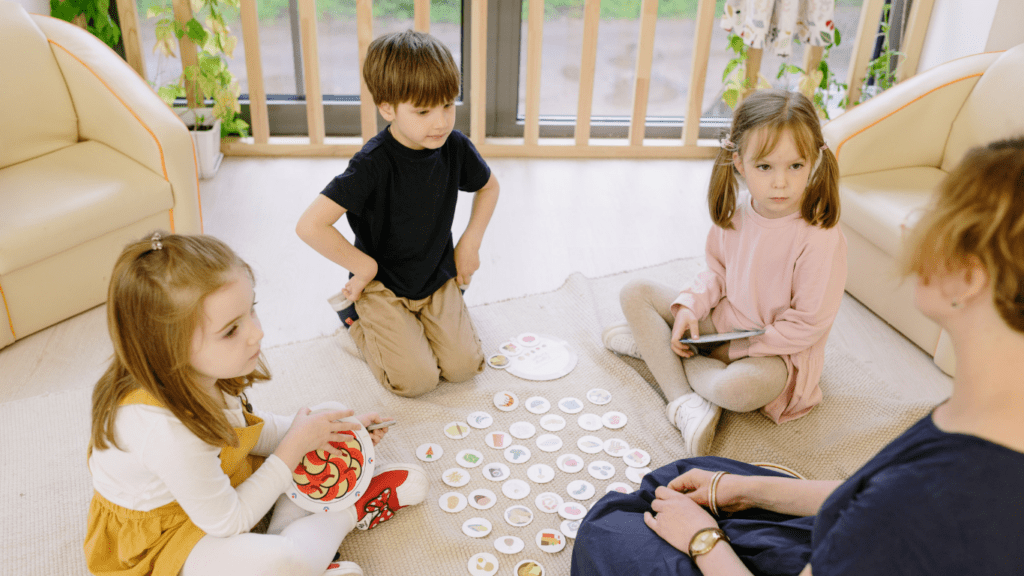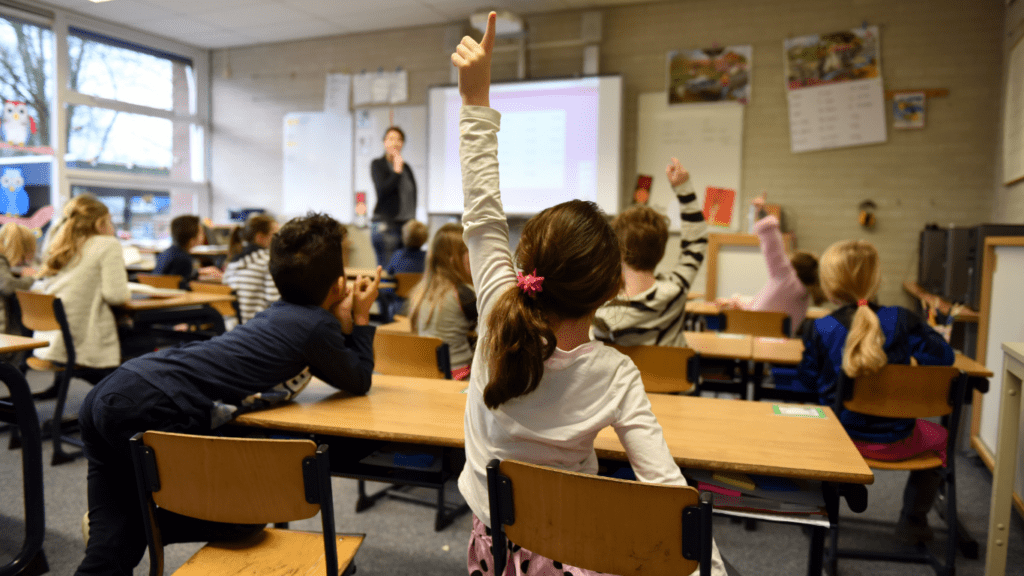The Changing Dynamics of Parenting
Parenting dynamics have evolved significantly post-pandemic. Families now face new challenges and must adapt to these changes with innovative solutions.
Shift in Family Roles
Family roles have become more fluid. Parents often juggle between being:
- caregivers
- teachers
- remote workers
This shift demands increased flexibility and multitasking. For example, a parent might switch from a work meeting to helping with homework within minutes. It’s essential to develop effective time management strategies to balance these roles.
Increased Screen Time
Screen time has surged among children. Online classes and virtual social interactions contribute to this trend. Prolonged exposure to screens can affect children’s sleep patterns, eyesight, and physical activity levels. Introducing screen-time limits and encouraging offline activities like reading or outdoor play can mitigate these risks.
Mental Health Impacts
In the post-pandemic world, mental health challenges have intensified for both parents and children. Understanding these impacts is crucial for improving well-being at home.
Parent Stress and Burnout

Parenting duties have multiplied, resulting in increased stress and burnout among parents. According to a study by the American Psychological Association, 70% of parents reported higher stress levels due to balancing work, homeschooling, and household chores. Constant multitasking and the lack of personal time contribute significantly to this burnout. Implementing self-care routines and delegating responsibilities can help alleviate some of this stress.
Children’s Emotional Wellbeing
Children’s emotional wellbeing has taken a hit due to prolonged isolation and disrupted routines. A report by UNICEF indicates that 1 in 5 children experienced heightened anxiety during the lockdowns. Limited social interactions and increased screen time often result in behavioral issues and difficulty coping with emotions. Encouraging open communication, fostering a supportive environment, and integrating physical activities can enhance children’s emotional health.
Educational Challenges
The pandemic has brought several educational challenges for both parents and children. Navigating this new landscape requires understanding the key issues that have emerged.
Remote Learning Difficulties
Remote learning has posed significant difficulties, impacting engagement, comprehension, and consistency. A study found that 40% of students struggled with motivation during online classes. Internet connectivity issues and lack of proper devices have also hampered learning. Parents face the challenge of creating a conducive learning environment at home while managing their own work commitments.
To mitigate these issues, set up a dedicated study space, maintain a structured schedule, and incorporate breaks to keep children engaged.
Socialization and Development
- Children’s socialization and development have suffered due to extended isolation and limited peer interaction.
- Research indicates that 30% of children showed decreased social skills during the pandemic.
- Opportunities for developing communication, teamwork, and empathy diminished as in-person activities and group engagements were restricted.
- Foster social interaction through virtual playdates, community activities, and safe outdoor play.
- Encouraging participation in clubs or teams can also enhance social skills and development.
Health and Safety Concerns
Parenting after the pandemic introduces new health and safety concerns that require diligent attention and informed decision-making.
Balancing Health Precautions
Maintaining proper health precautions in a post-pandemic world is crucial. Hand hygiene and mask-wearing remain important to reduce the risk of illness. Many schools and public places now have stringent cleaning protocols, making it easier to maintain a safe environment.
Parents should model good hygiene practices for their children, like teaching thorough hand-washing for at least 20 seconds and using hand sanitizer when soap isn’t available. Additionally, it’s essential to stay updated on local COVID-19 transmission rates and adjust precautionary measures accordingly. Ensuring children understand the importance of these practices helps reinforce a culture of safety.
Managing Vaccination Decisions
Navigating vaccination decisions is another significant challenge. COVID-19 vaccines for children have been authorized, but parents often face uncertainty. It’s vital to consult healthcare professionals to understand the benefits and risks associated with vaccination.
Trustworthy sources, such as the Centers for Disease Control and Prevention (CDC) and the World Health Organization (WHO), provide updated guidance on vaccinations. Parents should stay informed about vaccine developments and possible side effects. In situations where hesitancy arises, addressing concerns openly and with factual information can facilitate informed choices about children’s health.
By acknowledging and addressing these health and safety concerns, parents can better protect their families and create a safer post-pandemic environment.
Strategies for Effective Parenting
Effective parenting requires tailored strategies, especially after the pandemic.
Establishing New Routines
Establishing new routines is crucial for stability. Consistent daily schedules help children know what to expect. I create a balance between schoolwork, playtime, chores, and relaxation to ensure structure. Additionally, realistic bedtime schedules support better sleep, essential for both parents and children. Including regular family meals fosters connection, promoting a sense of normalcy.
Open Communication and Support
Open communication and support are key to emotional wellbeing. I set aside time each day for family conversations, allowing everyone to express their feelings and concerns. Active listening validates children’s emotions, making them feel heard and understood. Encouraging open dialogue about challenges helps identify early signs of stress or anxiety, while offering support assures children they’re not alone. Engaging in empathy-driven problem-solving builds resilience and trust within the family.



 Jameslee Silverayees – Founder Jameslee Silverayees is the founder and driving force behind Makes Parenting Watch, a comprehensive platform designed to support parents at every stage of their journey. As a parent himself, Jameslee recognized the overwhelming amount of information available and the need for a trusted source that offers practical, expert-backed advice. Drawing on his own experiences and his passion for family well-being, he created Makes Parenting Watch to be a one-stop resource for news, updates, and tips on everything from newborn care to family travel. Under his leadership, the website has grown into a highly respected community of parents, caregivers, and experts who come together to share insights and solutions. Jameslee is deeply committed to empowering families with the knowledge they need to raise healthy, happy children while fostering stronger family bonds.
Jameslee Silverayees – Founder Jameslee Silverayees is the founder and driving force behind Makes Parenting Watch, a comprehensive platform designed to support parents at every stage of their journey. As a parent himself, Jameslee recognized the overwhelming amount of information available and the need for a trusted source that offers practical, expert-backed advice. Drawing on his own experiences and his passion for family well-being, he created Makes Parenting Watch to be a one-stop resource for news, updates, and tips on everything from newborn care to family travel. Under his leadership, the website has grown into a highly respected community of parents, caregivers, and experts who come together to share insights and solutions. Jameslee is deeply committed to empowering families with the knowledge they need to raise healthy, happy children while fostering stronger family bonds.
